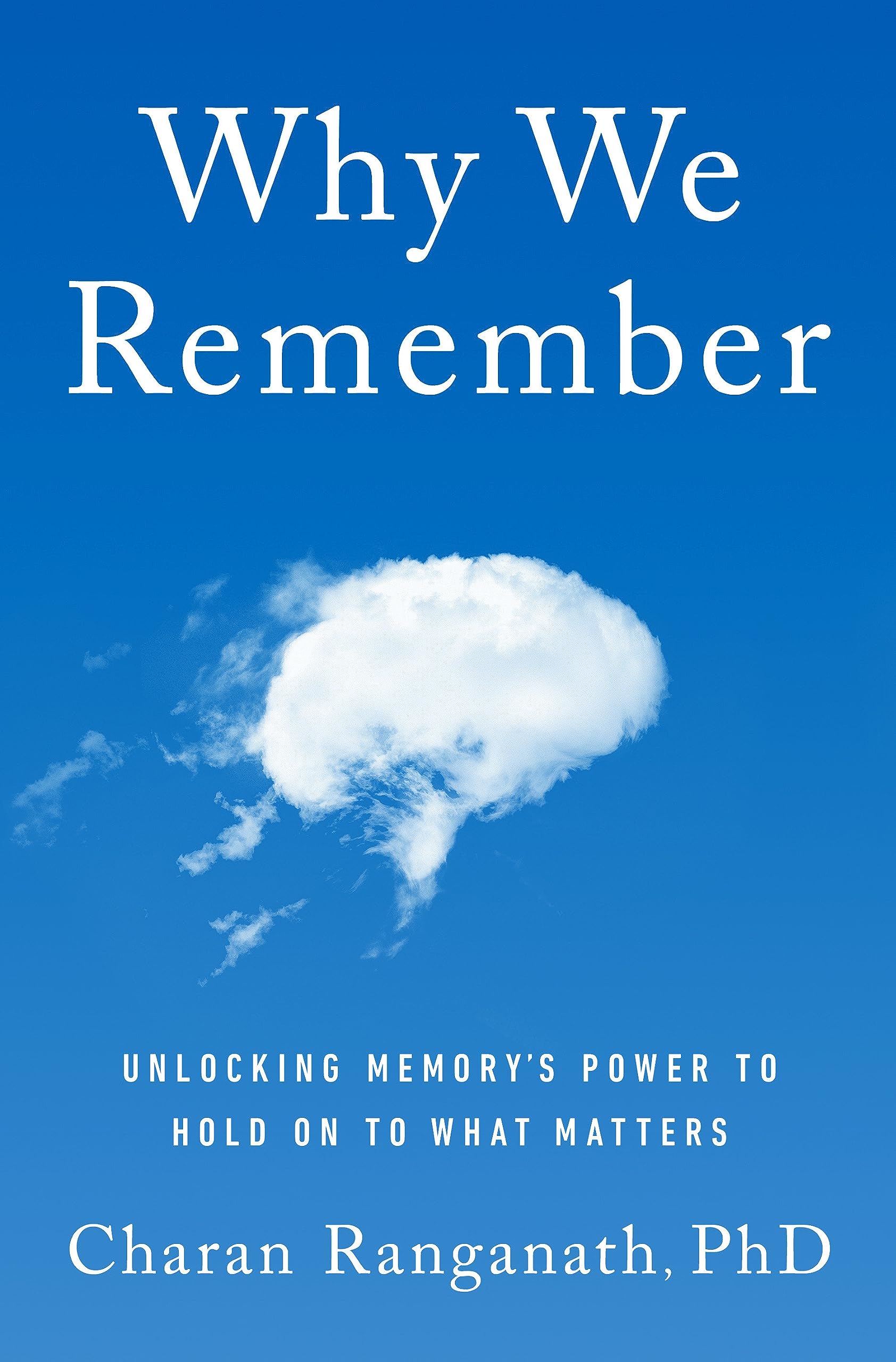
Why We Remember: Unlocking Memory's Power to Hold on to What Matters
About the Author
Questions & Answers
The human brain prioritizes and retains information through complex mechanisms involving various brain regions and processes. The prefrontal cortex plays a crucial role in working memory, temporarily holding information, while the hippocampus is vital for long-term memory storage. Memory formation involves encoding, which is the process of converting information into a format that can be stored. This is facilitated by attention and intention, which help create distinctive memories.
Retrieval involves accessing stored information, often using schemas or mental frameworks that organize knowledge. The Default Mode Network (DMN) is involved in spontaneous thought and memory retrieval. Emotions can enhance memory, as intense experiences are more likely to be remembered. Stress can affect memory, sometimes improving retention of information before or after stressful events.
Memory is dynamic and can be modified through reconsolidation, where existing memories can be updated or changed. The brain's reward circuitry is linked to curiosity and learning, as it motivates us to seek information. Sleep is crucial for memory consolidation, allowing the brain to integrate and strengthen memories. Social interactions also shape memory, as collective memories are formed through shared experiences and narratives.
Our ability to remember certain events or information is influenced by cognitive and emotional factors. Cognitive factors include the significance of the event, the presence of emotional arousal, and the context in which the information is learned. Emotional factors, such as stress or the intensity of the event, can enhance memory retention.
These factors shape our identity by shaping our self-narrative. For instance, vivid memories of significant events can define our sense of self. They also influence decision-making by guiding us based on past experiences and emotions. For example, memories of past mistakes can lead to cautious decision-making, while positive memories can encourage risk-taking. The interplay of these factors creates a dynamic memory system that is both flexible and subject to biases, ultimately influencing our identity and choices.
Memory and imagination are deeply intertwined, forming the foundation for creativity, storytelling, and AI development. Memory stores past experiences and knowledge, while imagination allows us to create new scenarios and ideas based on this stored information. This interplay is crucial in creativity, as it enables the recombination of past experiences into novel concepts. Storytelling relies on both memory to recall events and imagination to weave them into engaging narratives. In AI, memory and imagination are fundamental for learning and generating outputs. AI systems learn from vast datasets, using memory to store information and imagination to generate novel responses, mimicking human creativity and adaptability.
Memory errors, including false memories and misinformation, can have significant consequences. In personal contexts, they can lead to self-doubt, misattribution of experiences, and poor decision-making. Misinformation can distort our understanding of events, while false memories can create false beliefs about our past. In collective contexts, these errors can reinforce biases, spread misinformation, and lead to social and political polarization.
To mitigate these risks, individuals can:
- Be skeptical of their own memories: Regularly question the accuracy of their recollections and be aware of potential biases.
- Seek multiple perspectives: Engage with diverse sources of information to avoid confirmation bias.
- Fact-check: Verify information before accepting it as true, especially when it comes from untrusted sources.
Collectively, society can:
- Promote media literacy: Educate individuals on how to critically evaluate information.
- Encourage transparency: Hold individuals and institutions accountable for the information they disseminate.
- Foster open dialogue: Encourage respectful discussions that allow for the correction of misinformation.
Understanding memory dynamics allows us to navigate human experience by recognizing that memory is not static but dynamic and malleable. This awareness helps us manage forgetting and prioritize information crucial for survival and decision-making. By understanding how schemas and episodic memories shape our perceptions, we can adapt to change by updating our memories based on new information and learning from mistakes. This adaptability is vital for personal growth and societal progress. Moreover, understanding the influence of emotions and social interactions on memory aids in making informed decisions, as it reveals how our past experiences and social contexts shape our choices. By harnessing the power of memory, we can navigate the complexities of life, learn from the past, and shape a better future.
